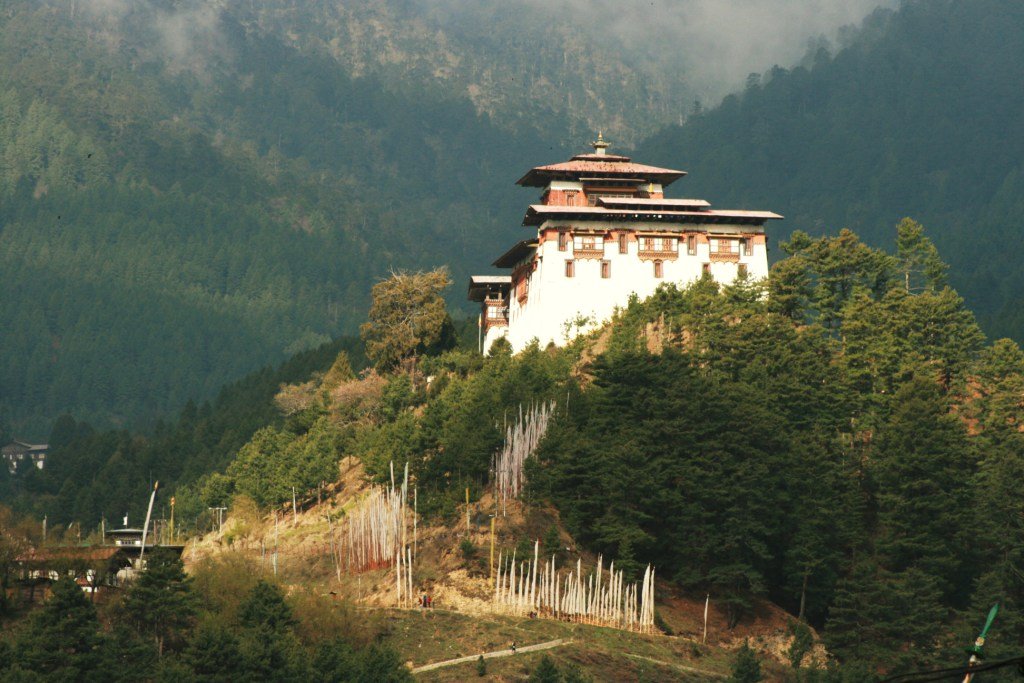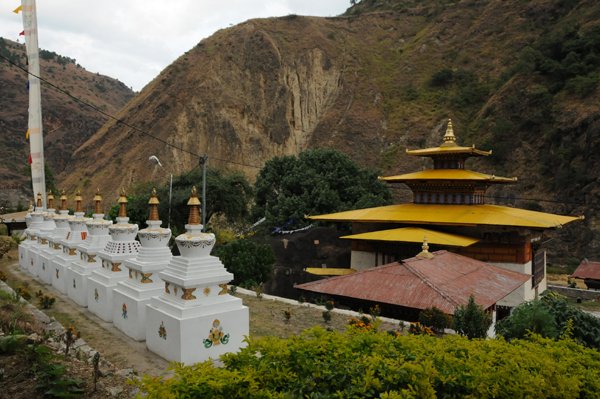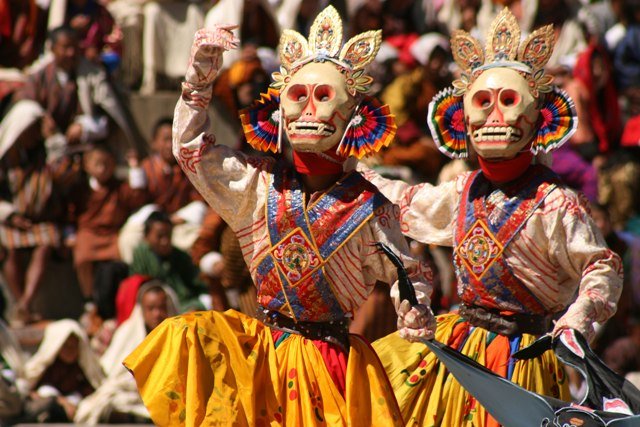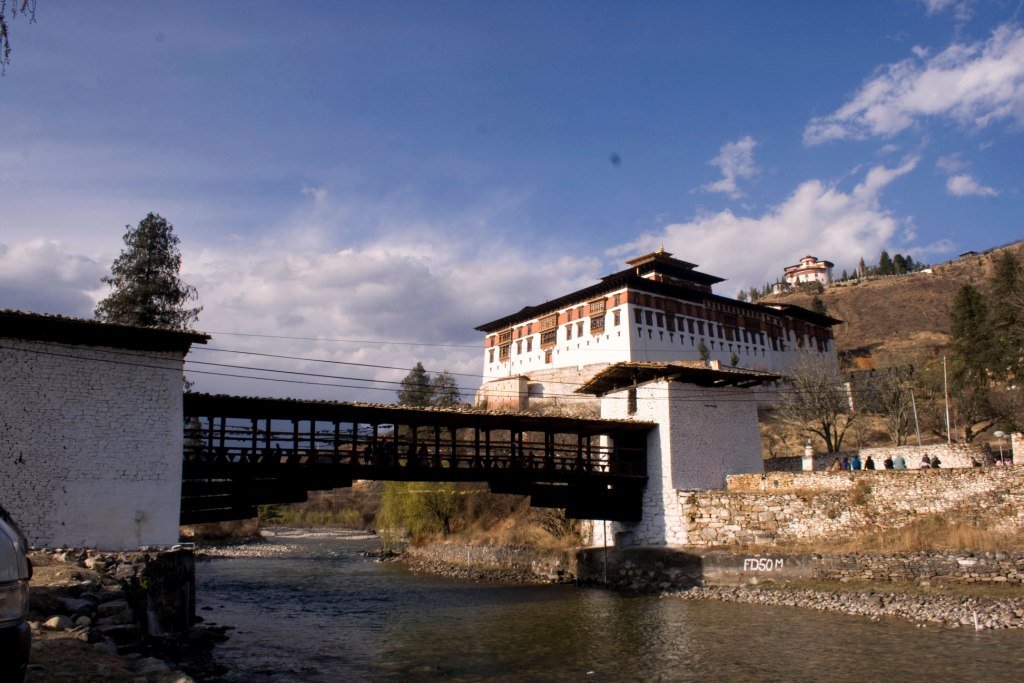Lhamoi Dromchhen
Trongsa Dzong Trongsa, BhutanThe Lhamoi Drupchen (or Lhamoi Dromchen) is a sacred Bhutanese festival dedicated to Pelden Lhamo—the powerful female protective deity of Bhutan, associated with Maha Kali. Originating in the early 1700s, the festival is held in various districts across the country and features elaborate mask dances, folk performances, and rituals intended to invoke protection and blessings. According to legend, the dances were inspired by a vision of Pelden Lhamo in a dream of Kuenga Gyeltshen, a former chief abbot of Bhutan. Each year, thousands of devotees—dressed in their finest traditional attire—gather at local dzongs (fortresses) to witness the ceremonies. The festival’s spiritual depth, vivid pageantry, and rich history also draw many international visitors, making it one of Bhutan’s most unique and revered religious celebrations.









